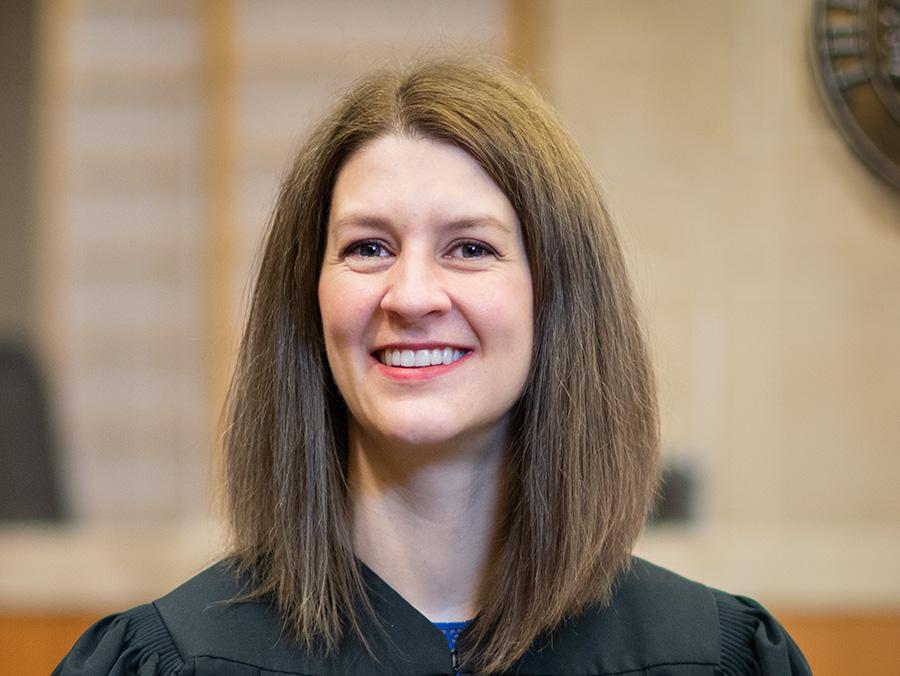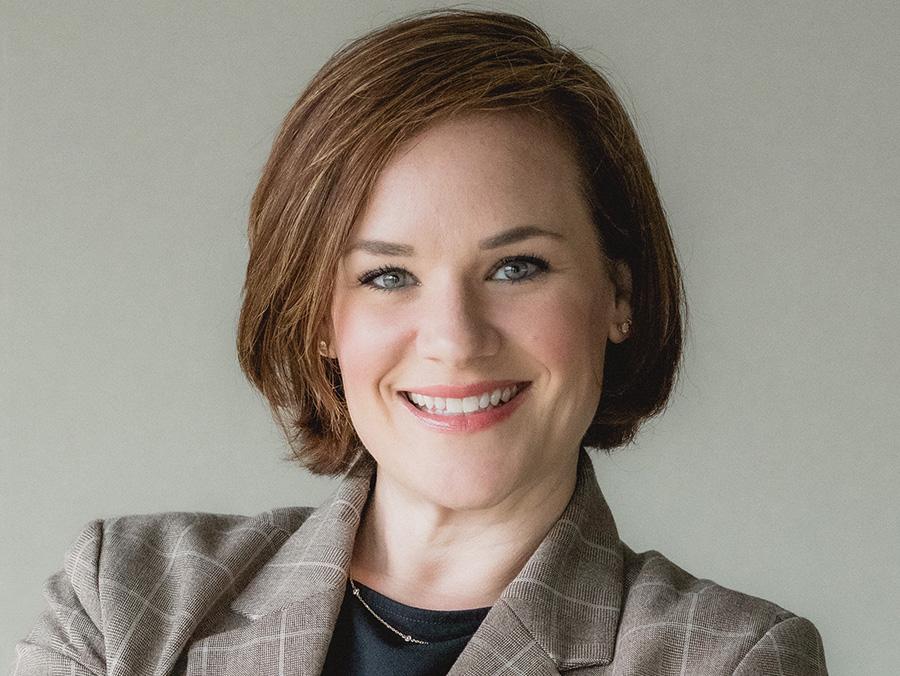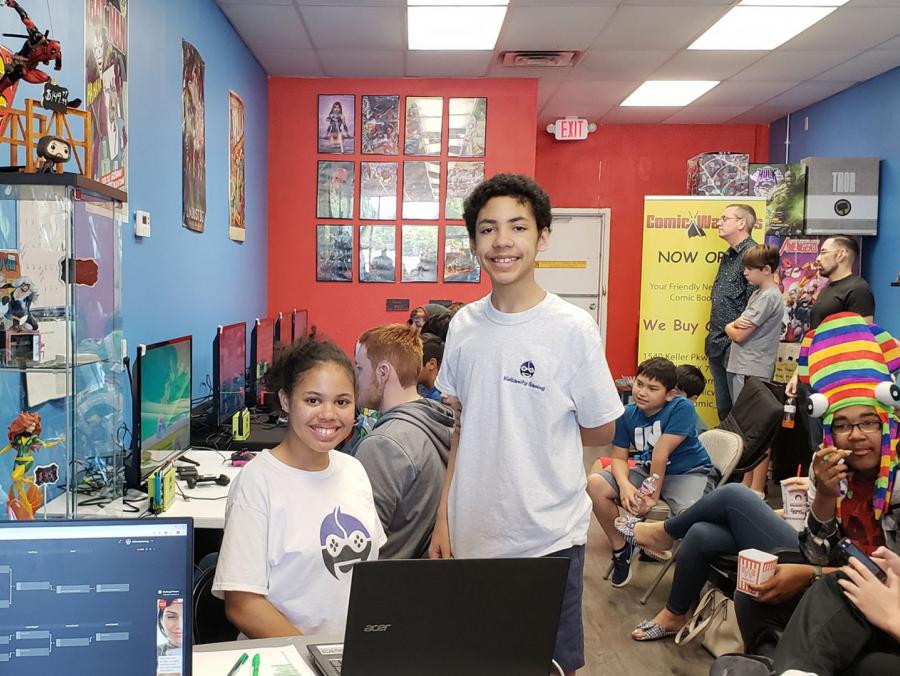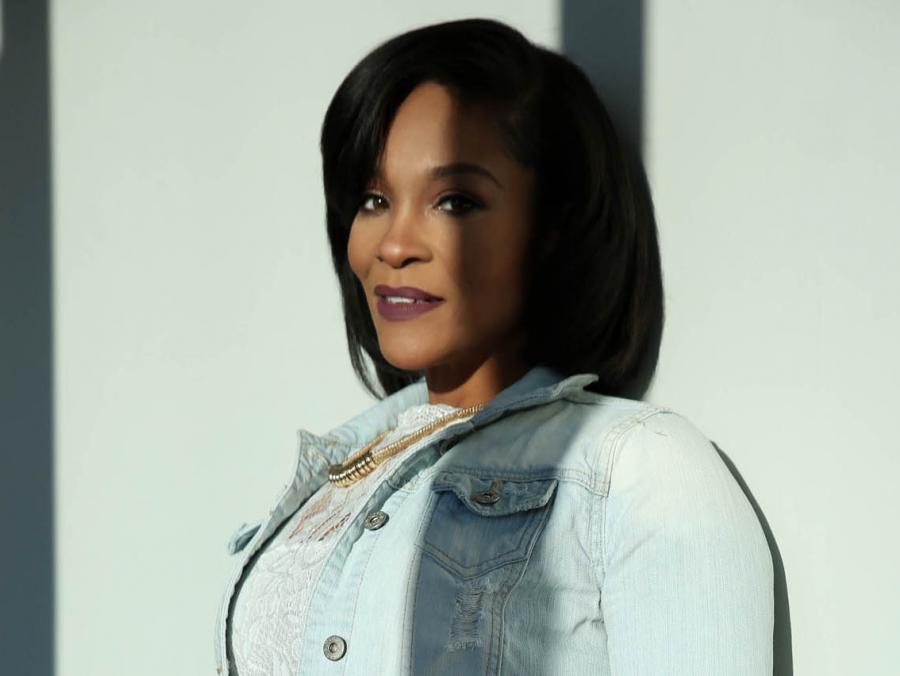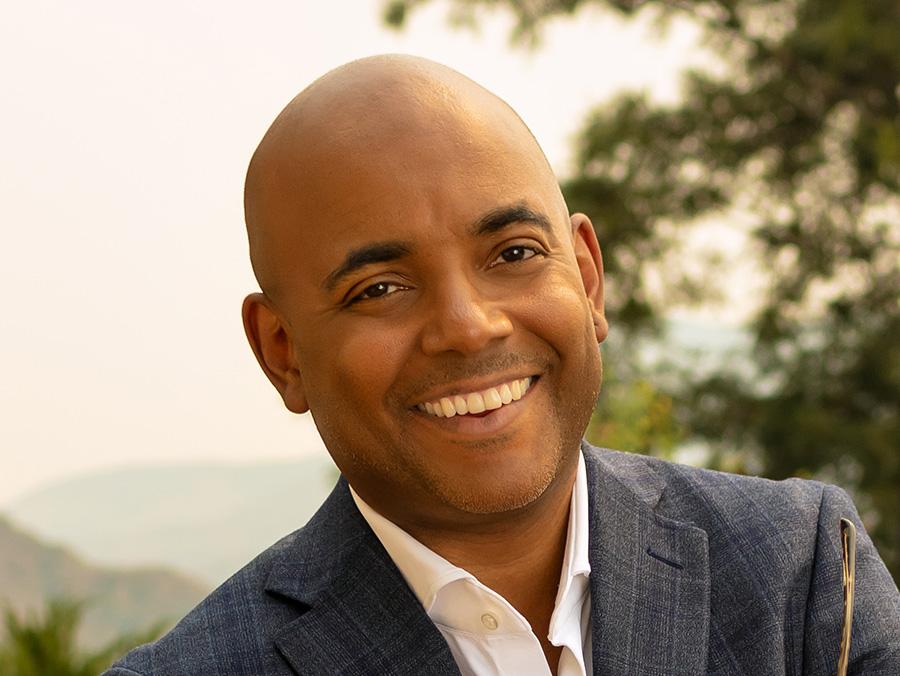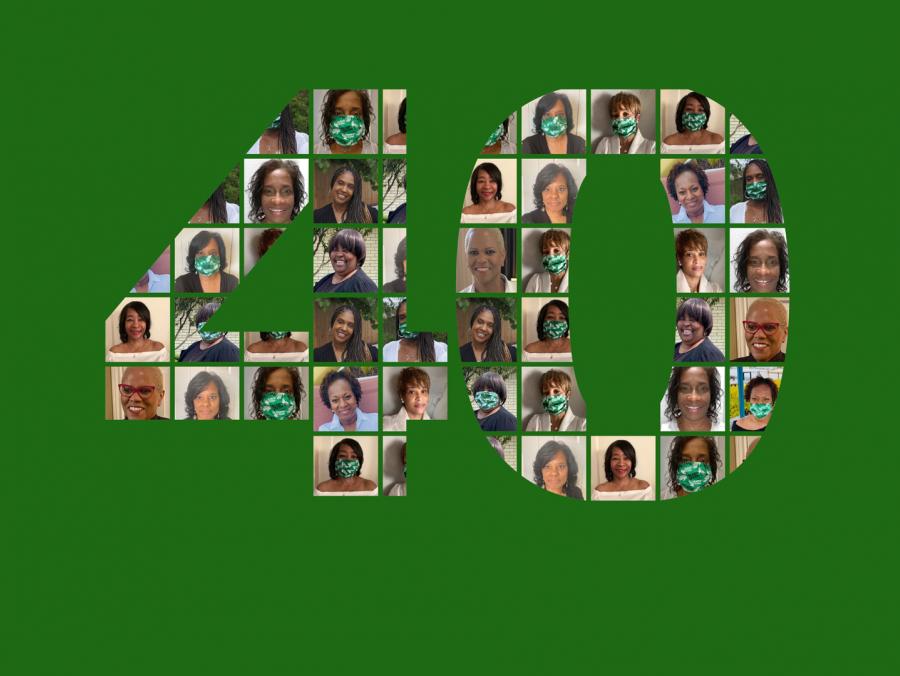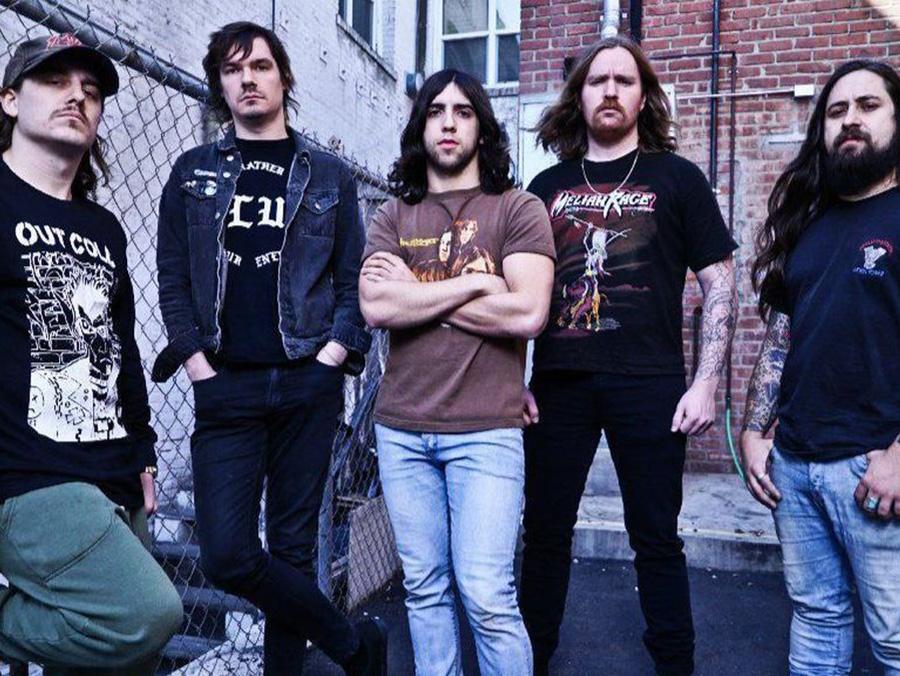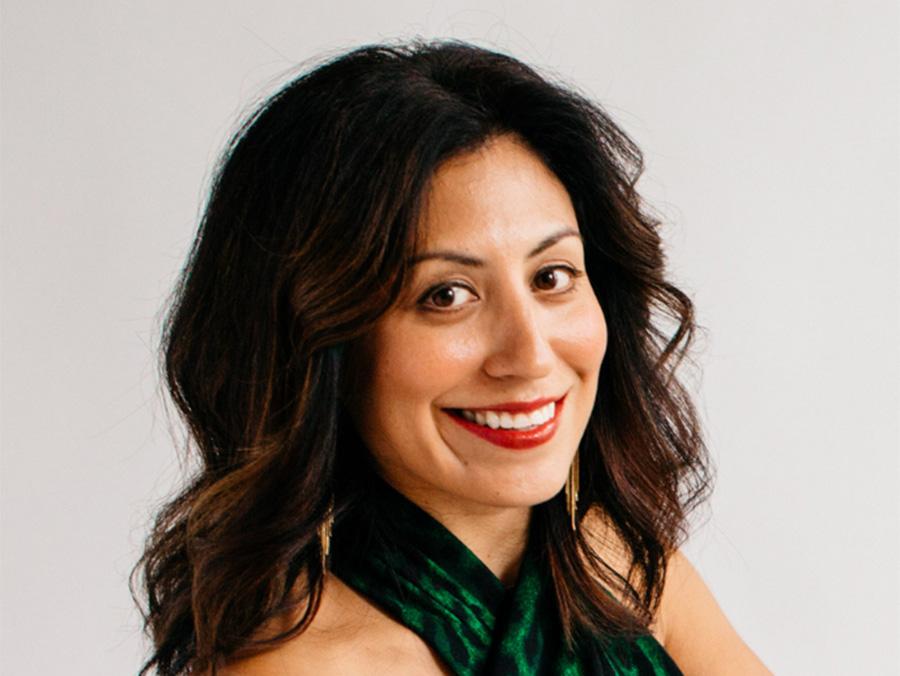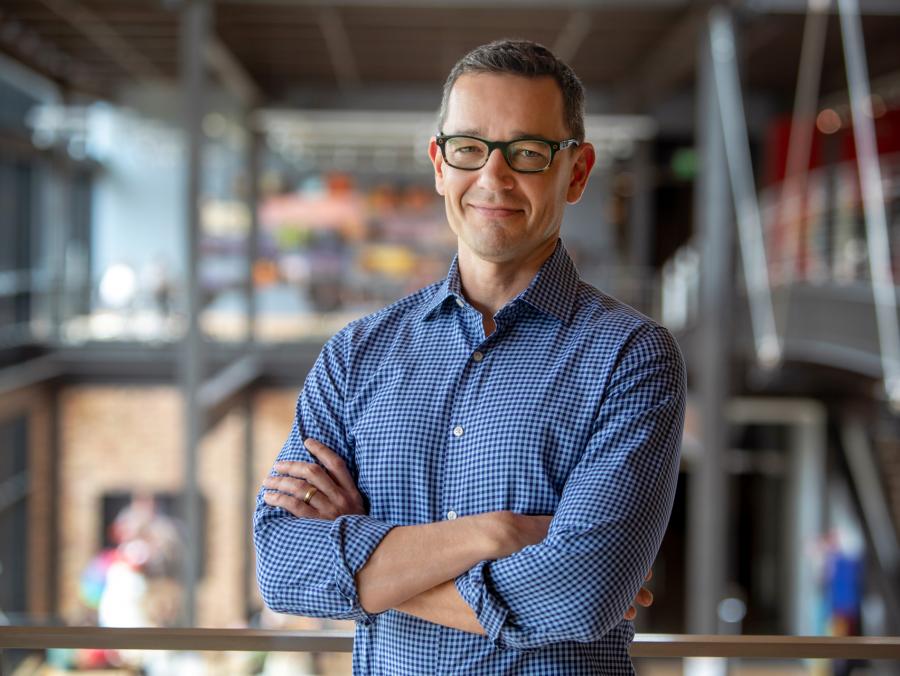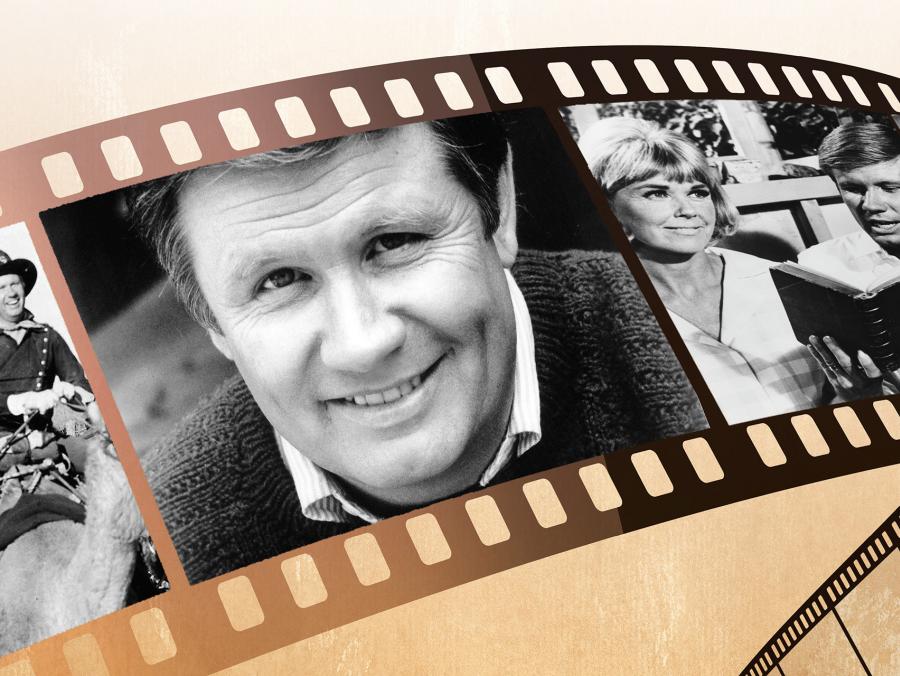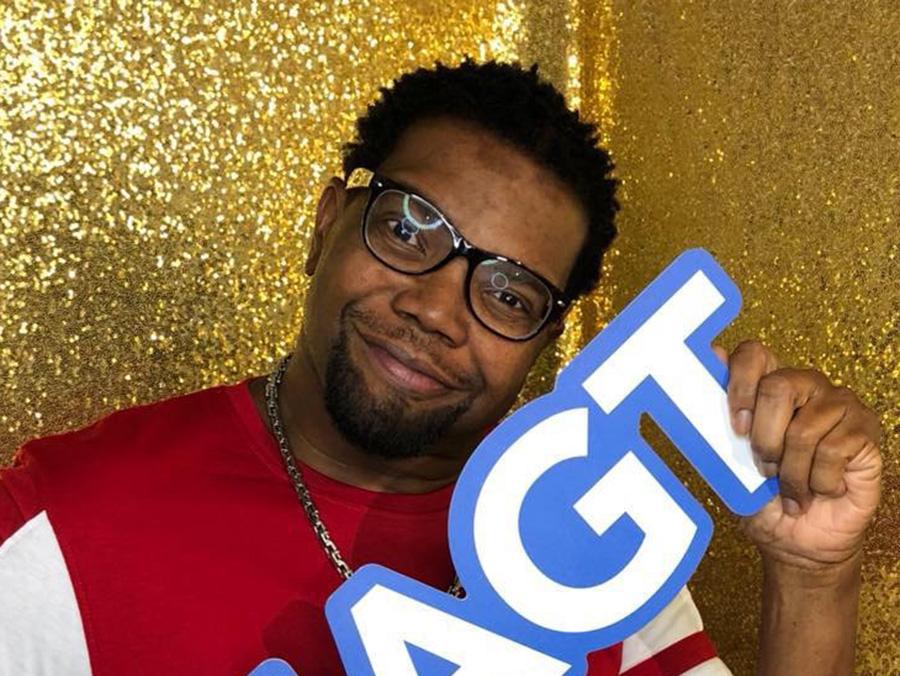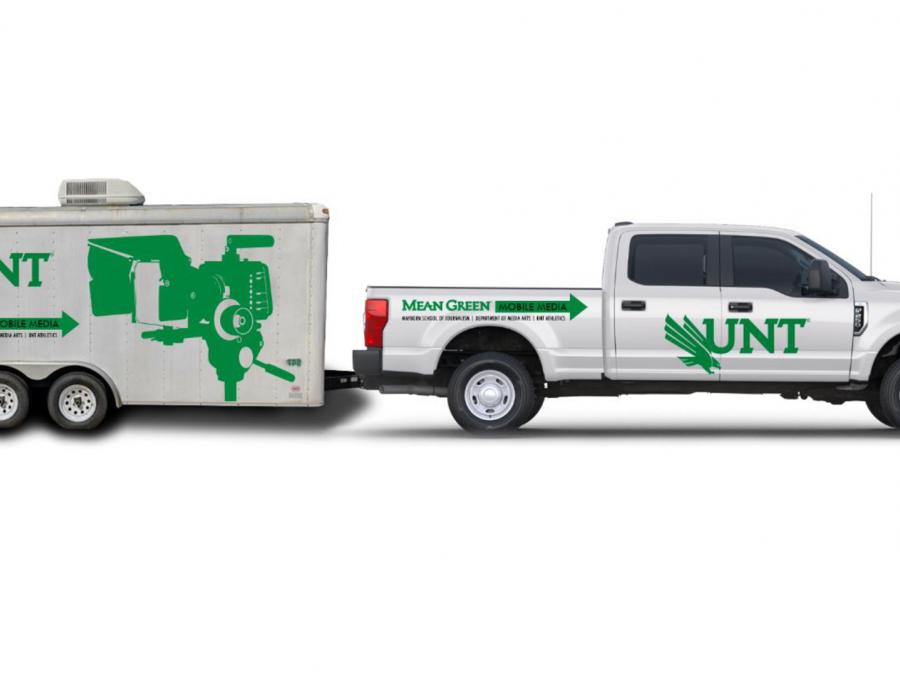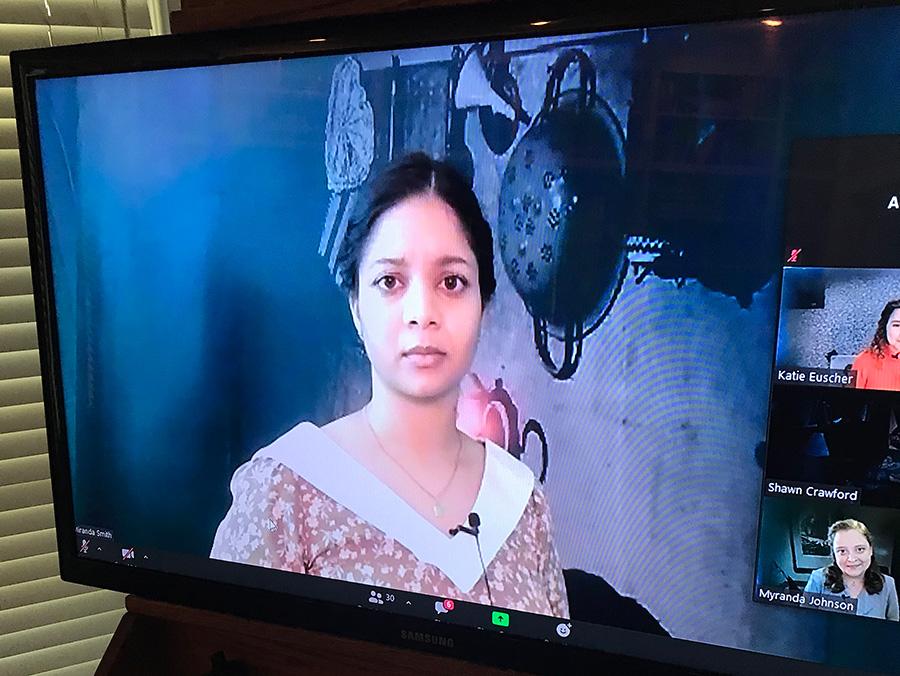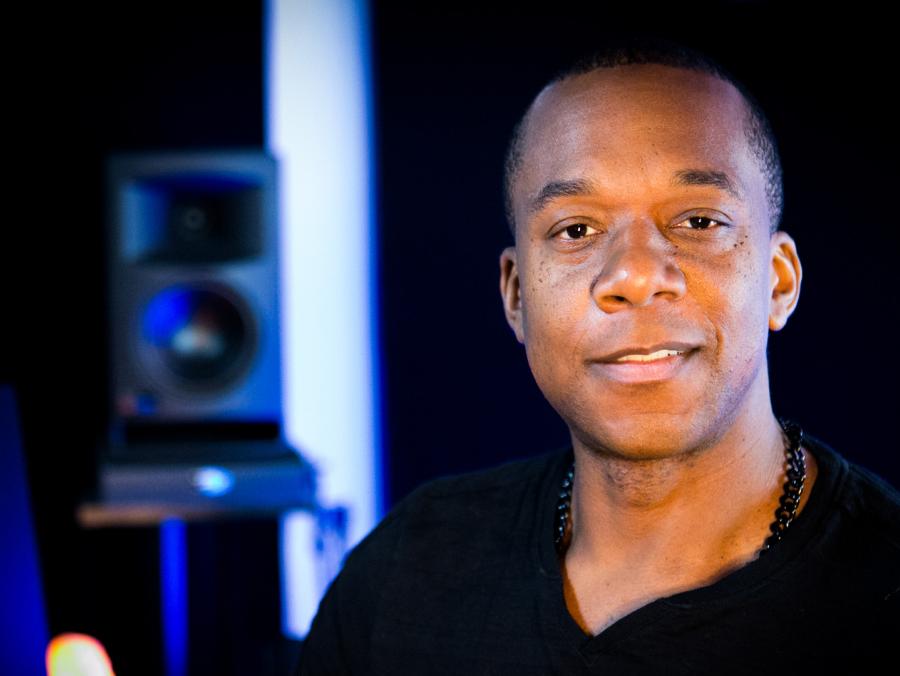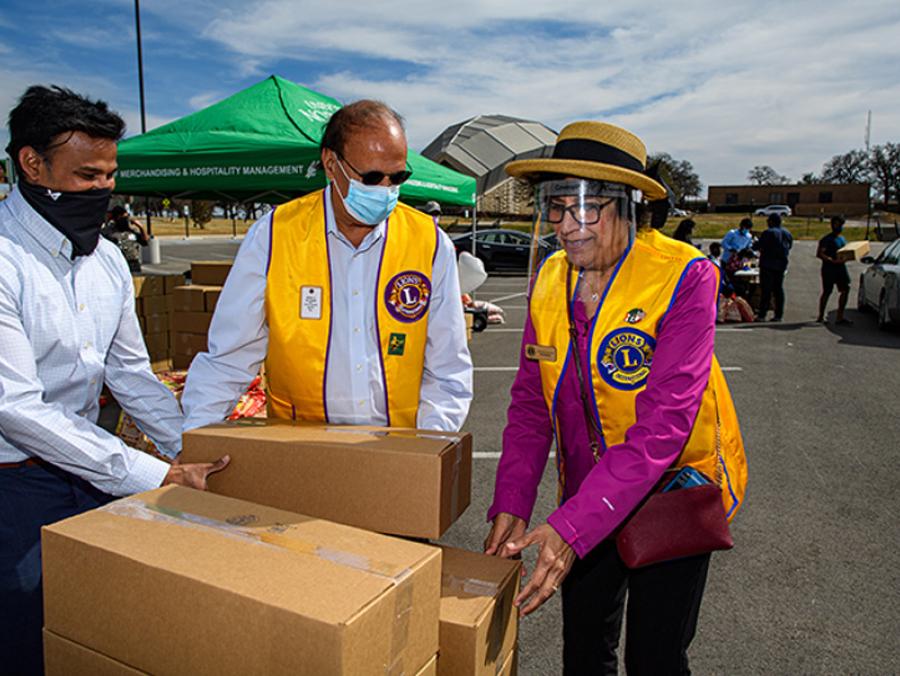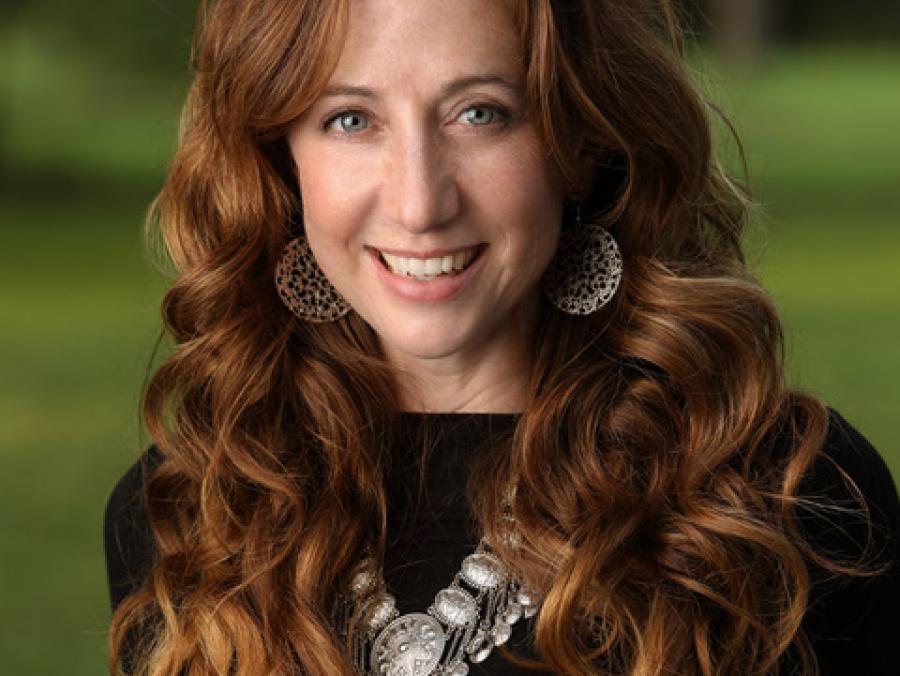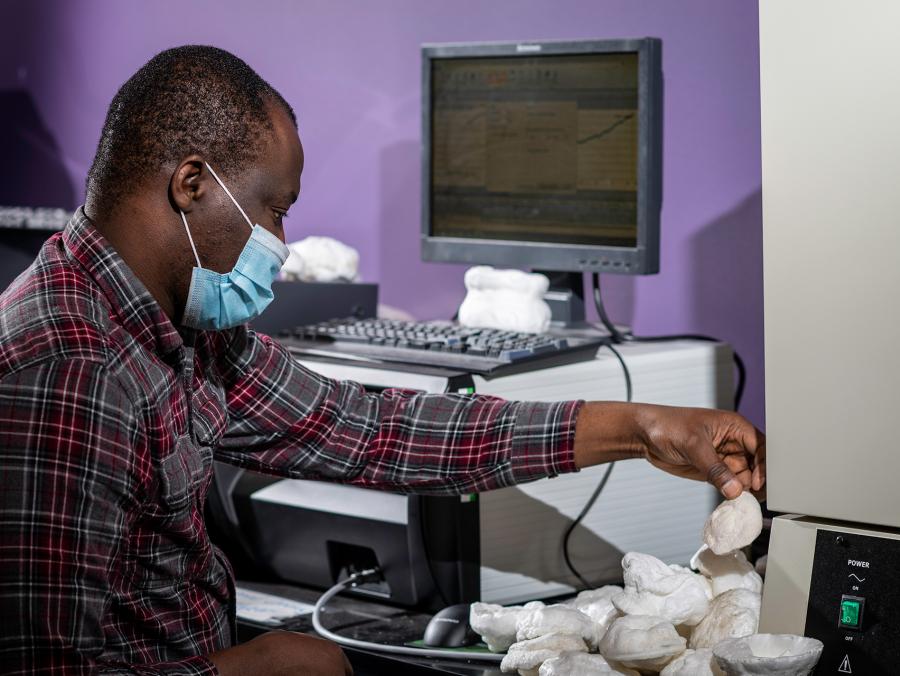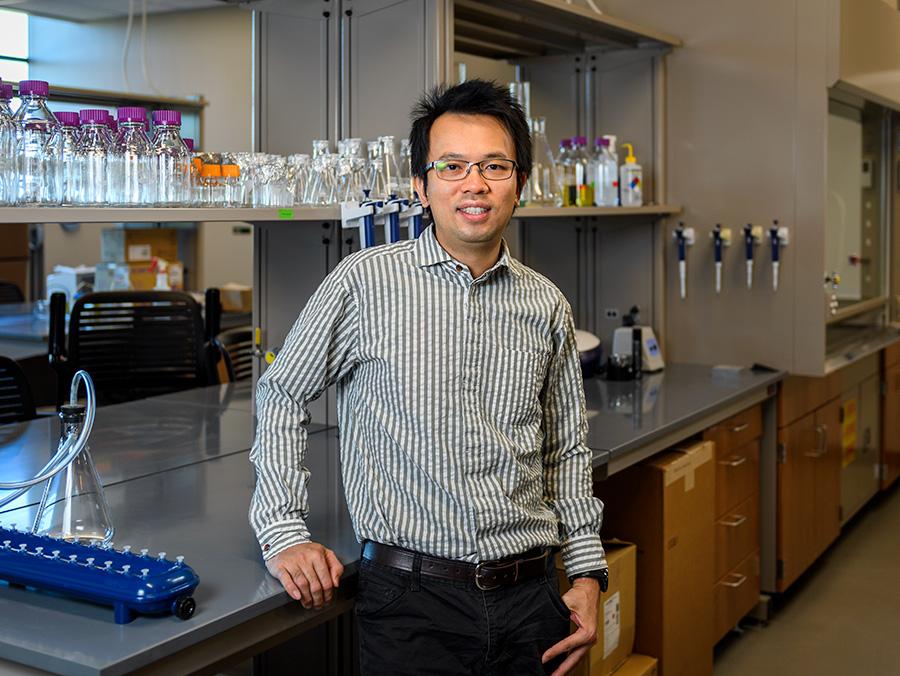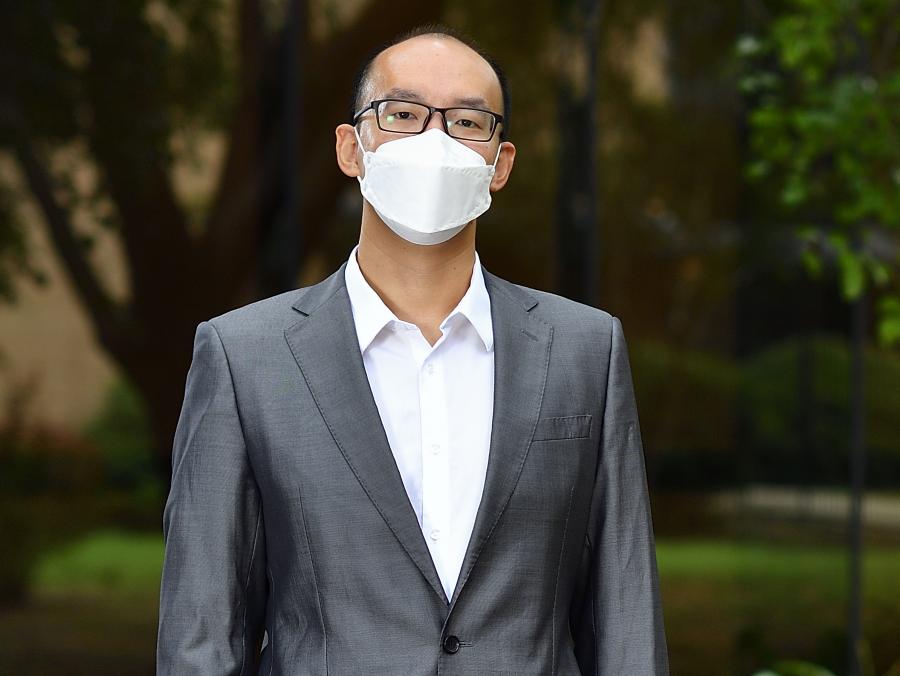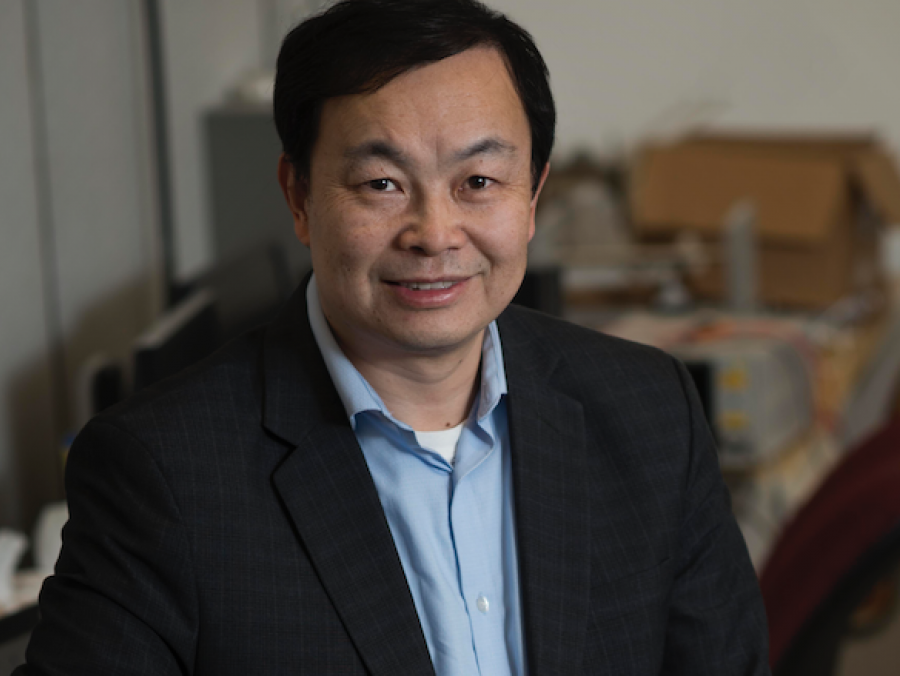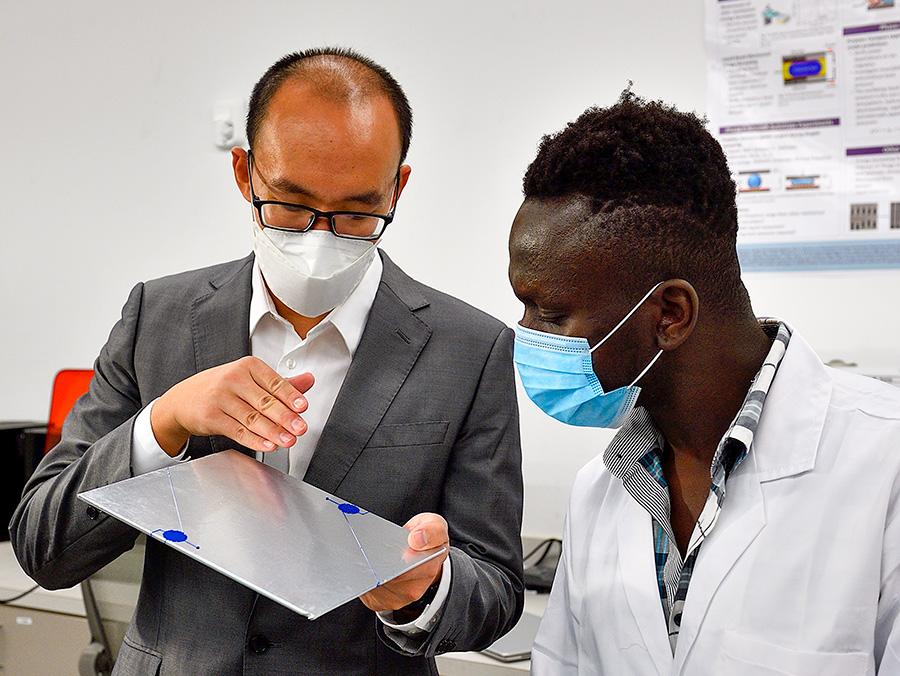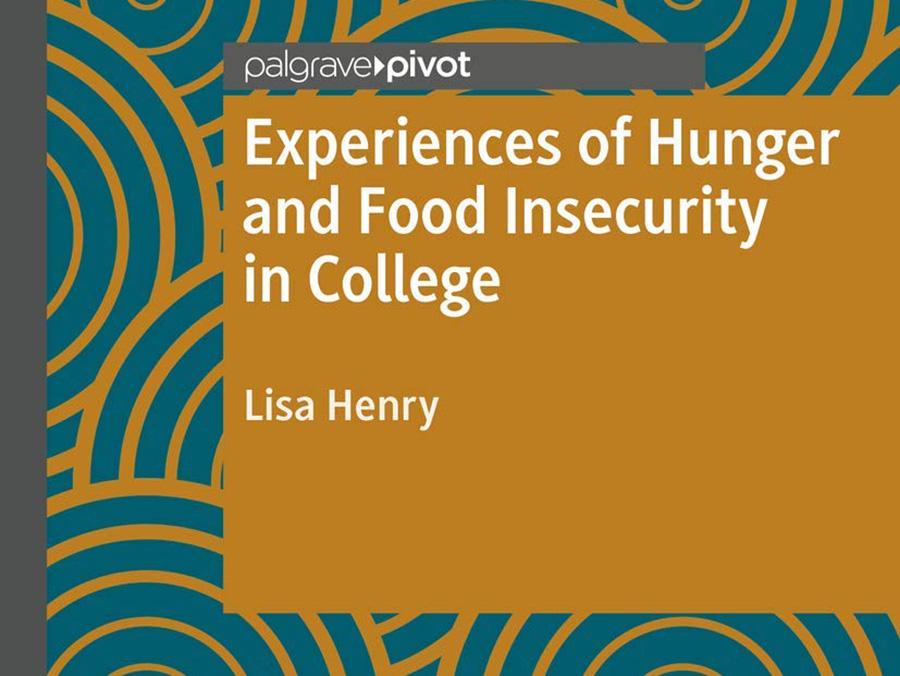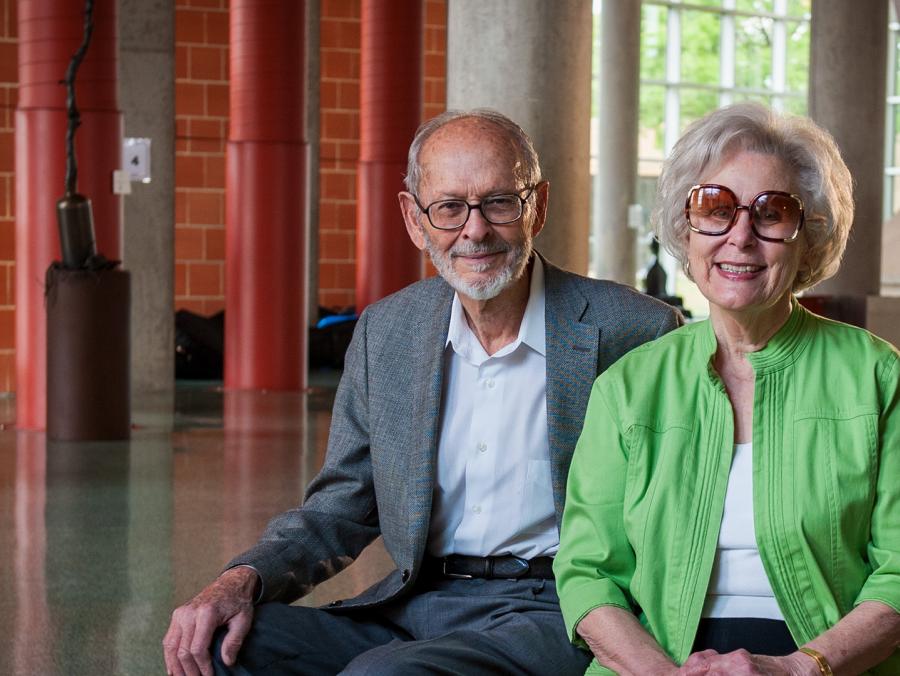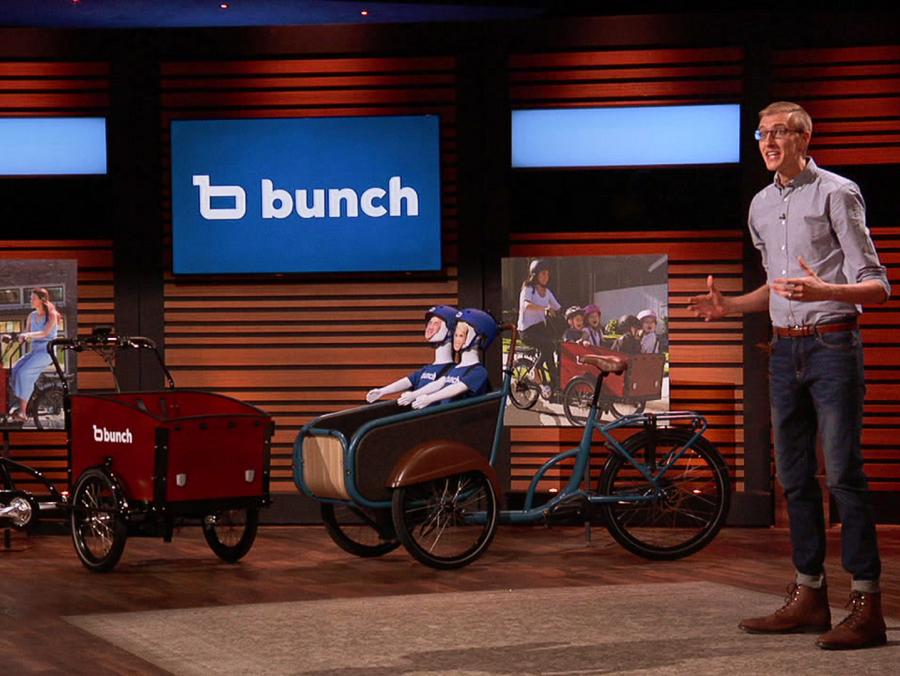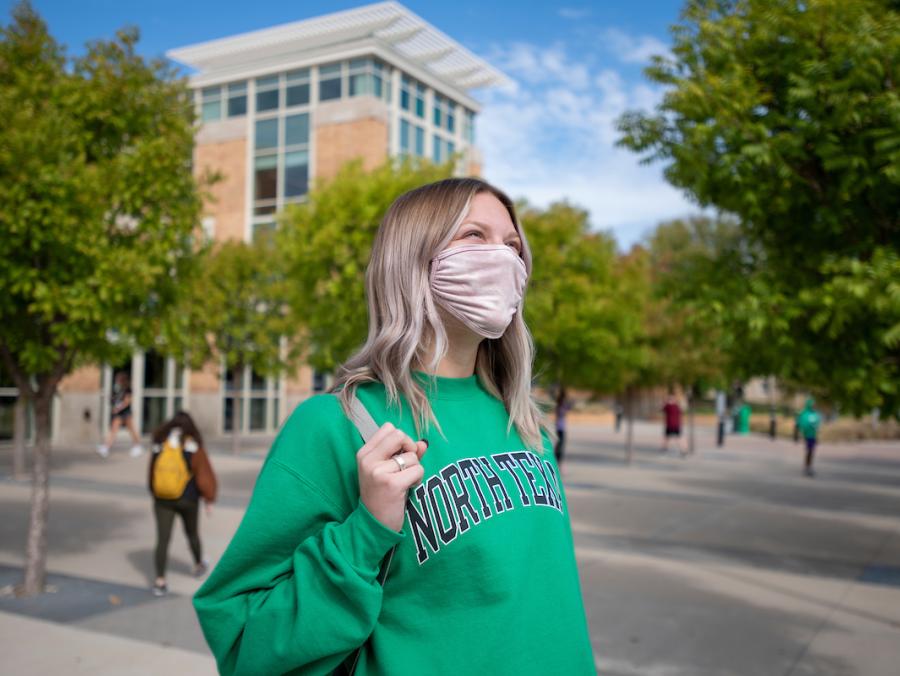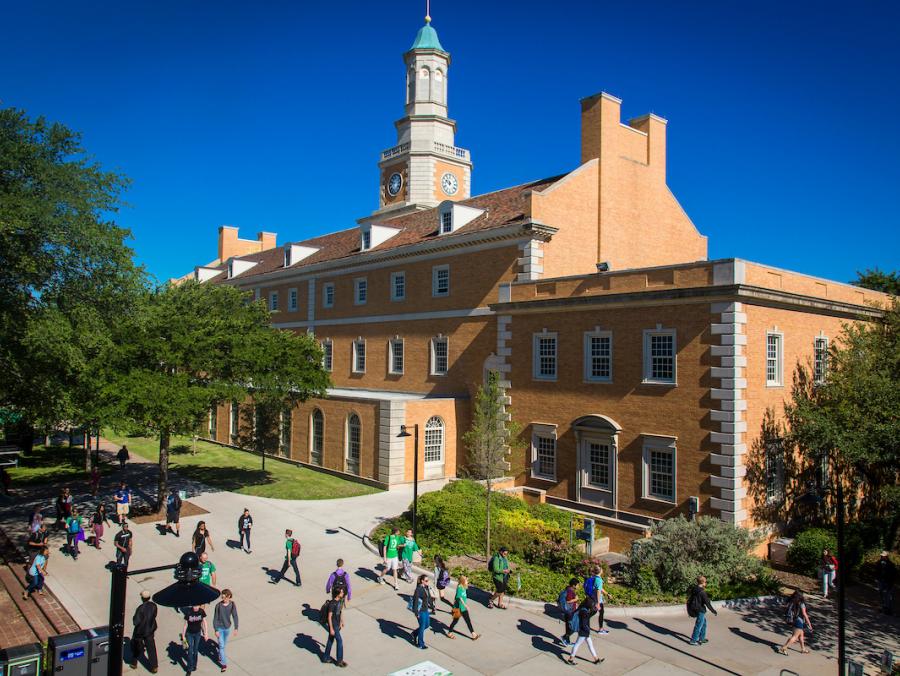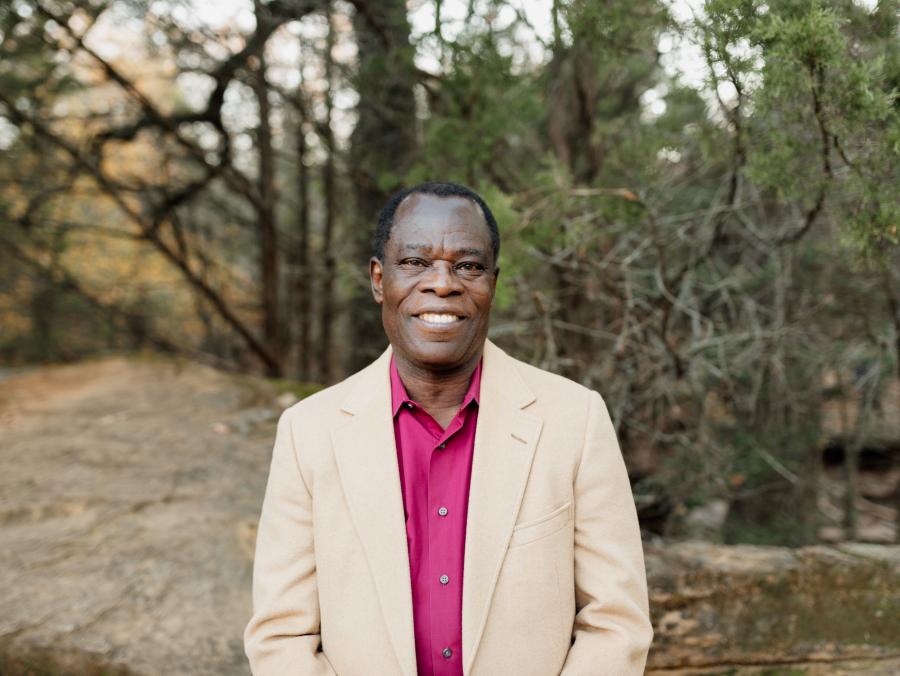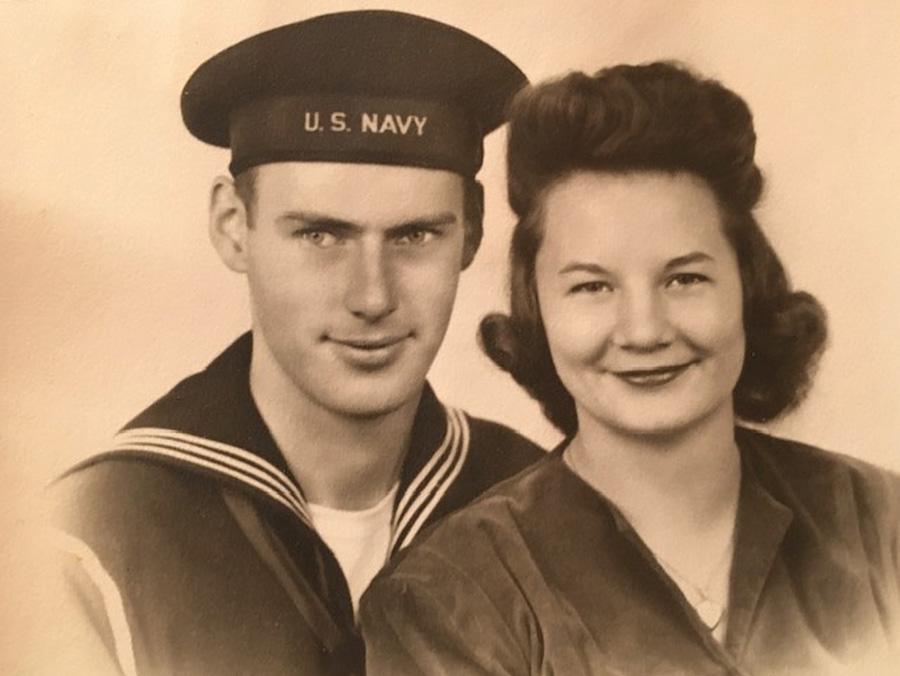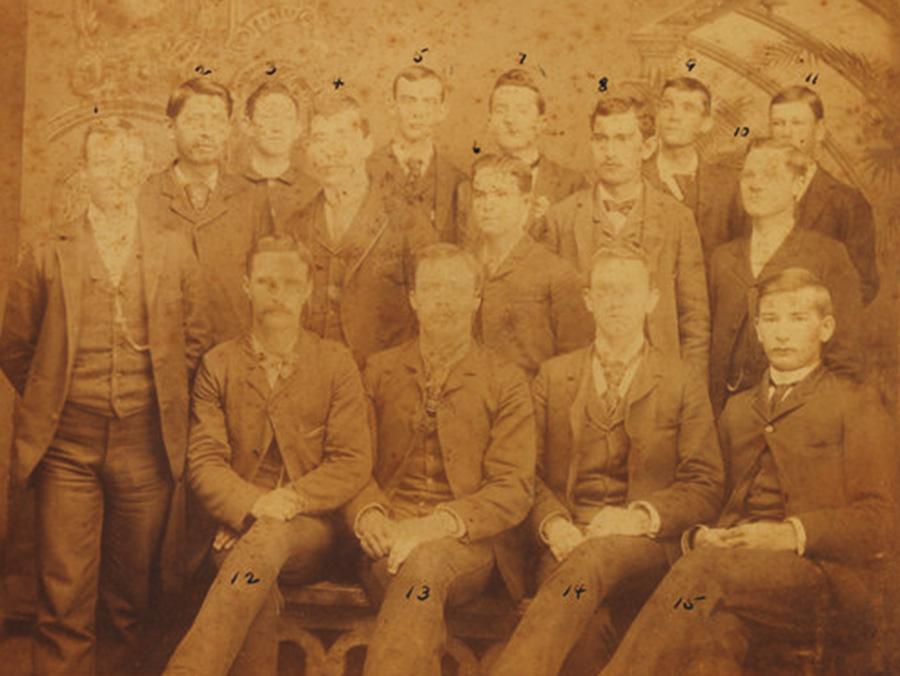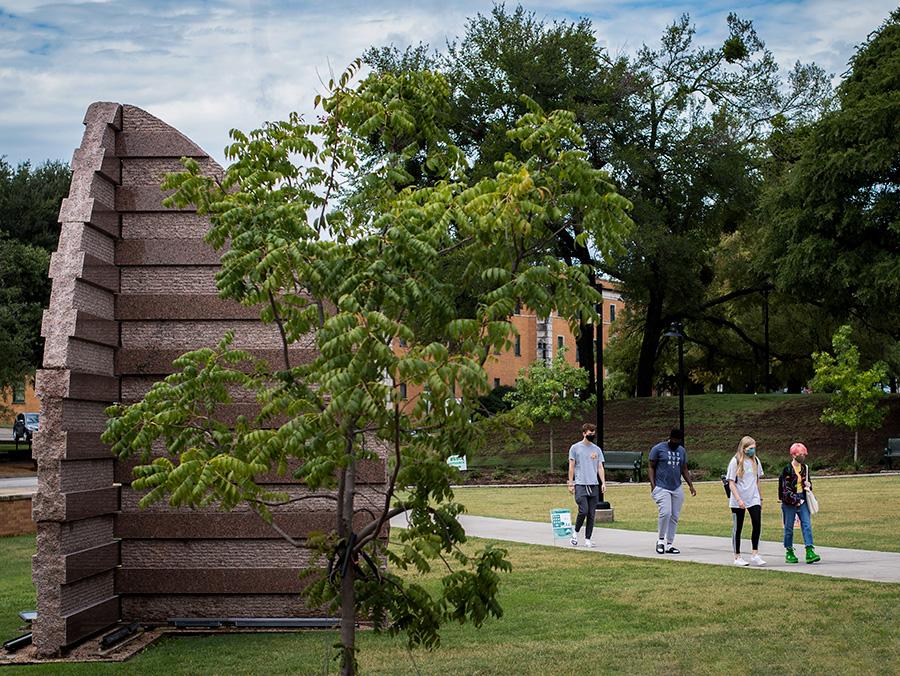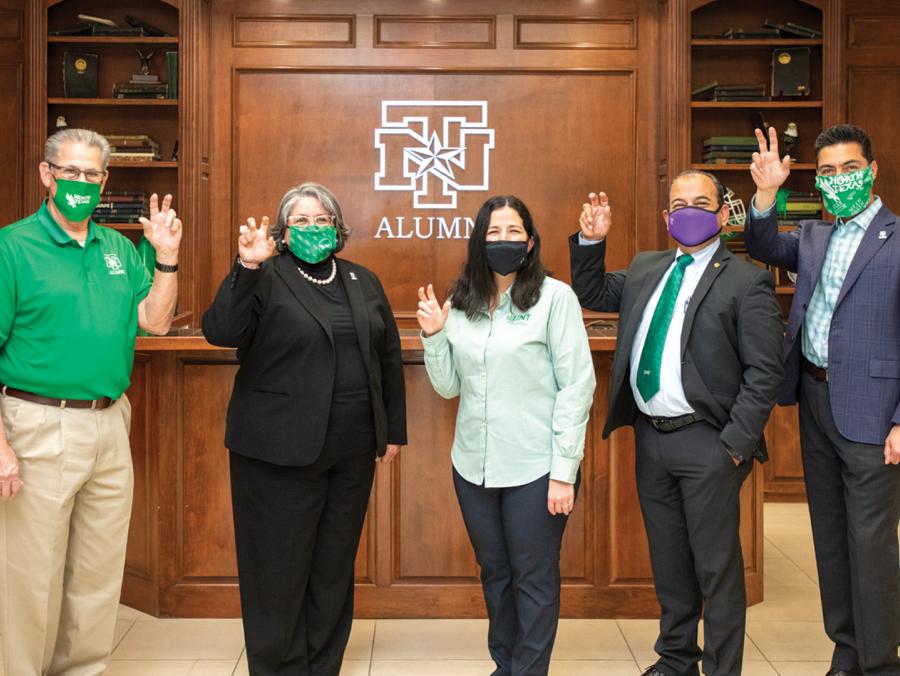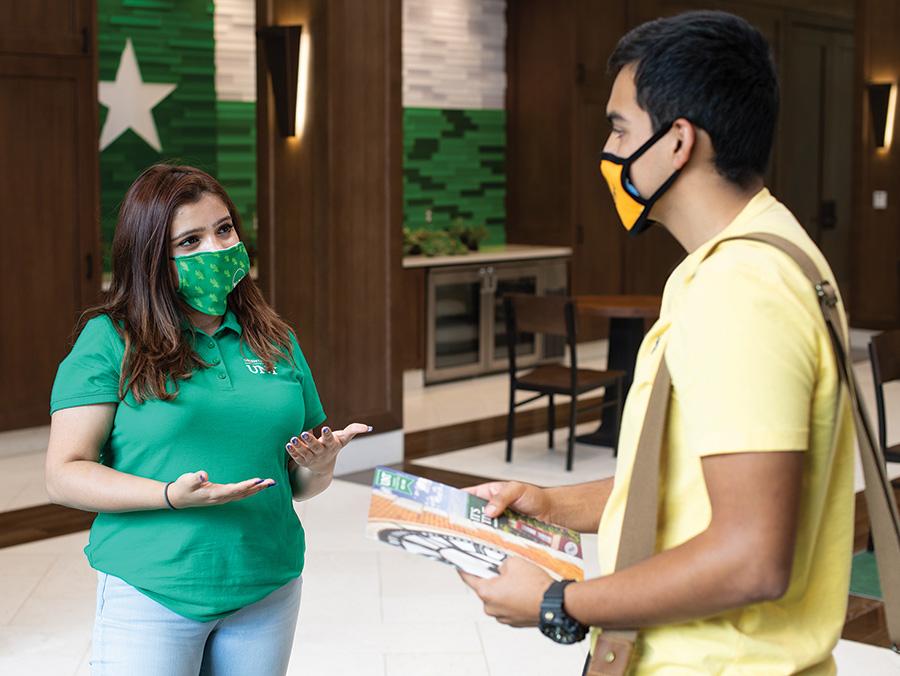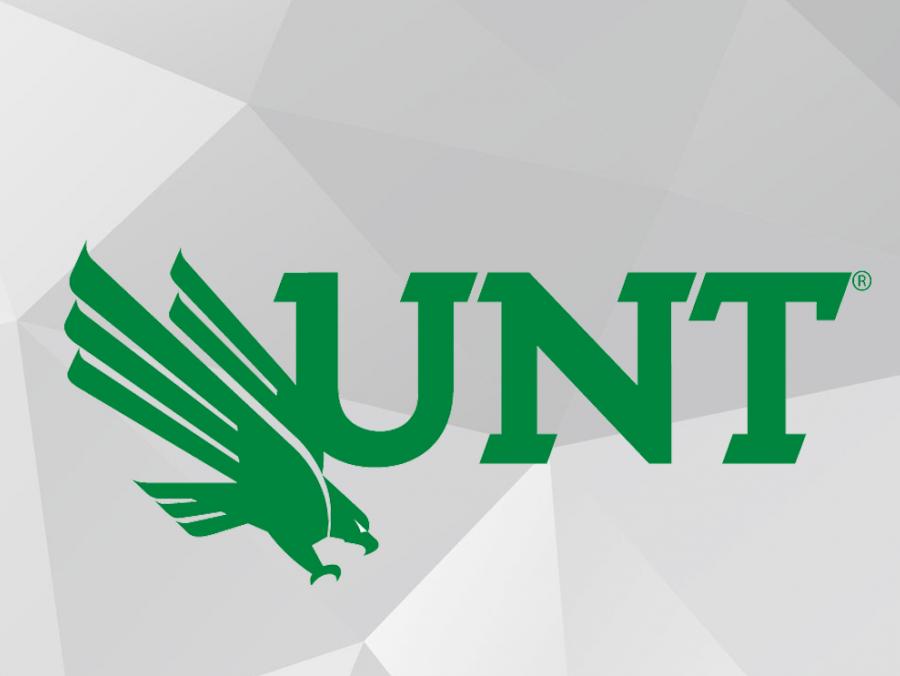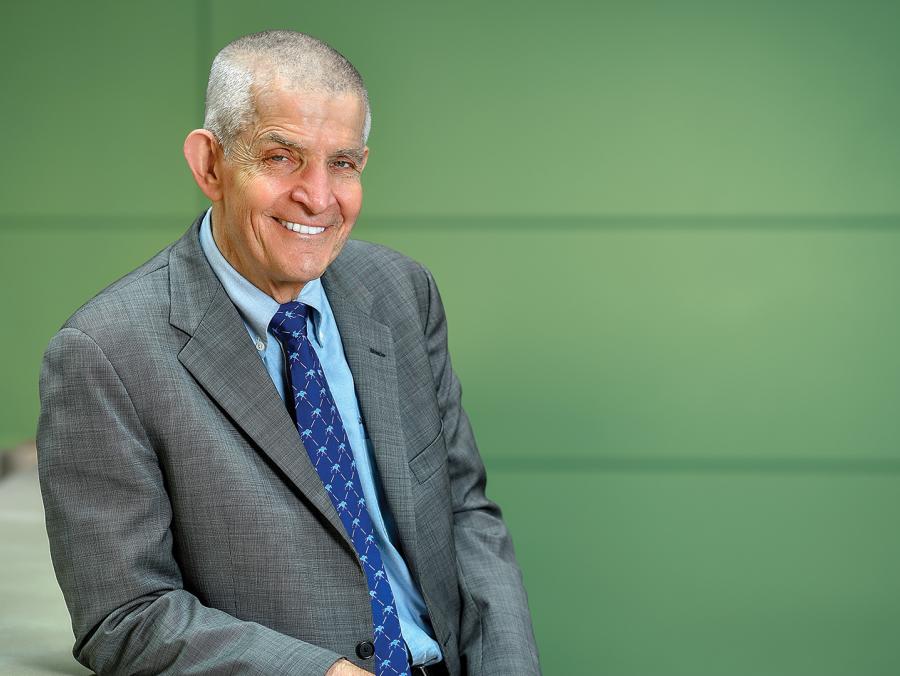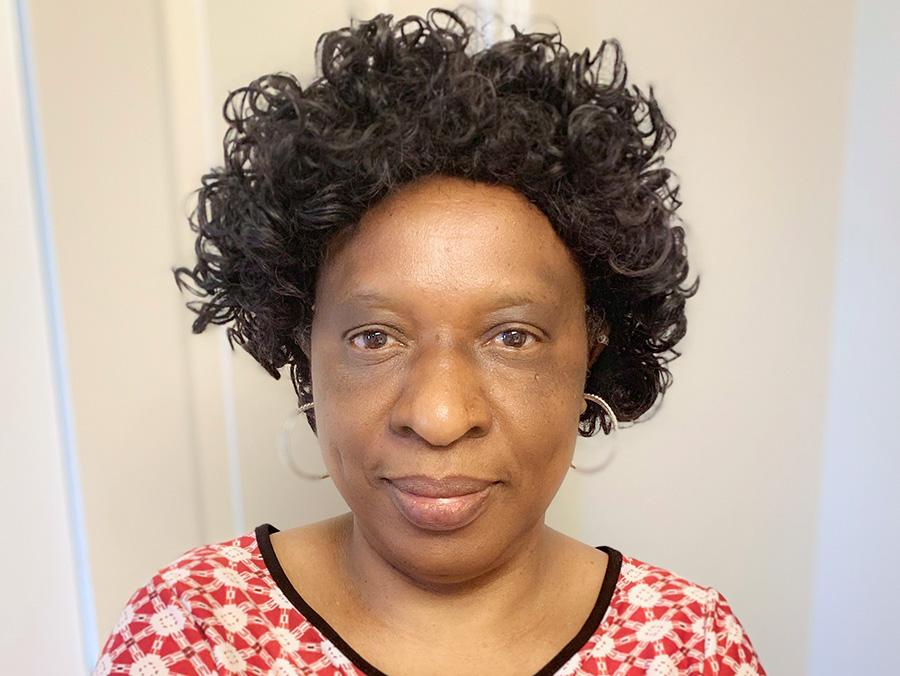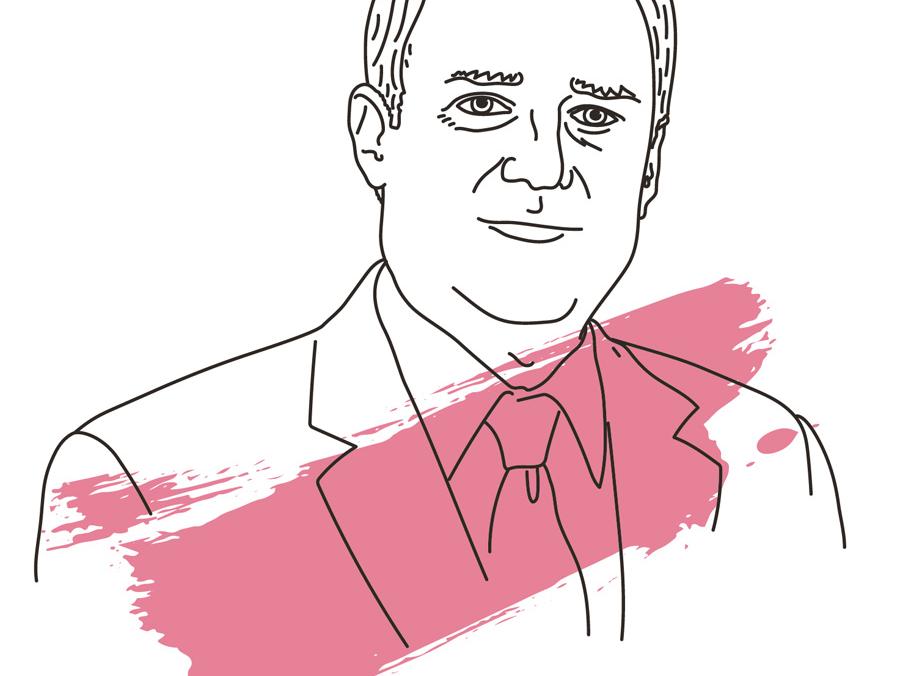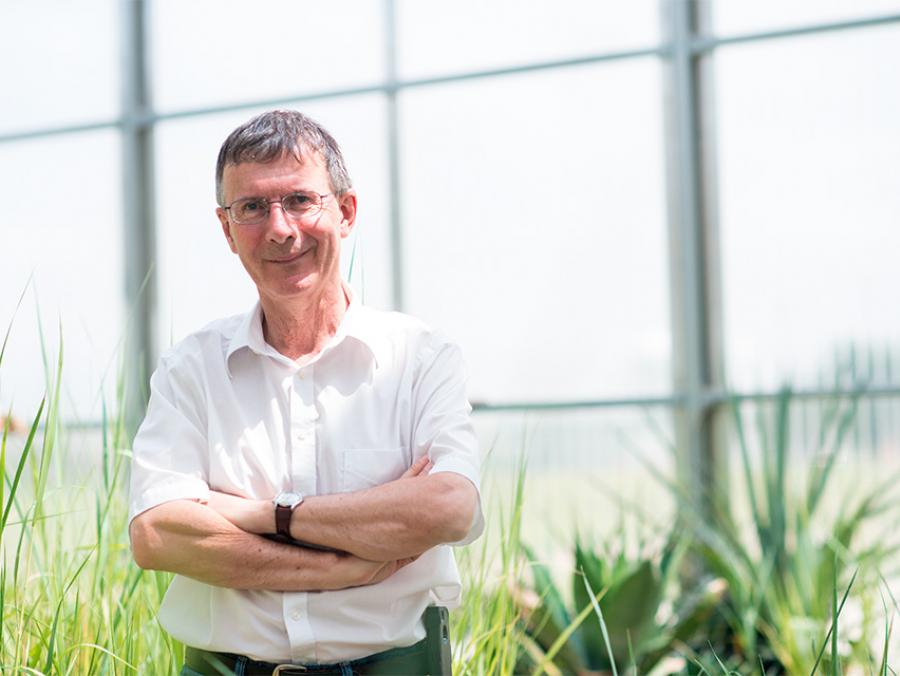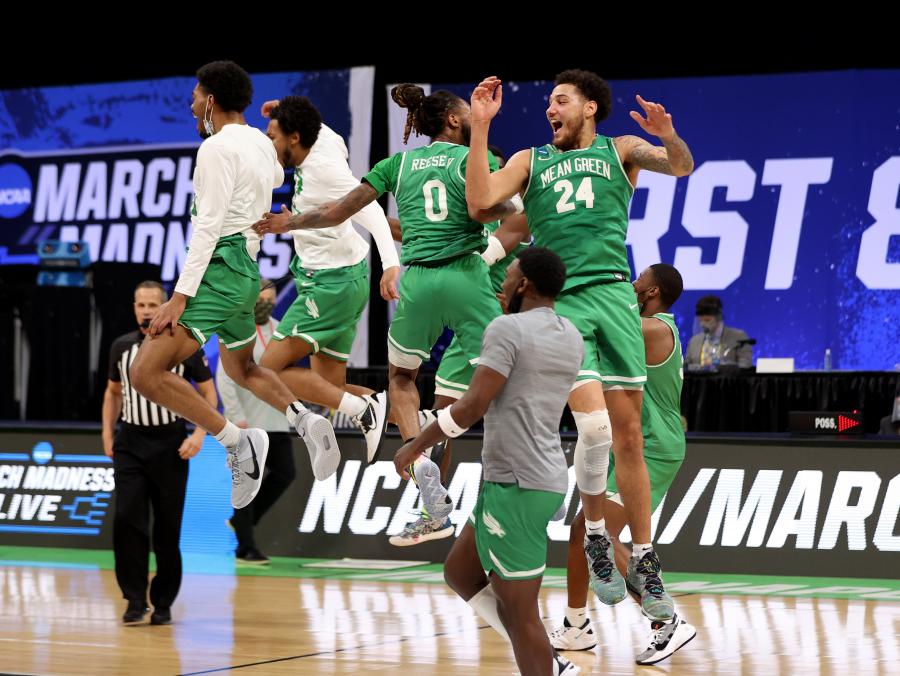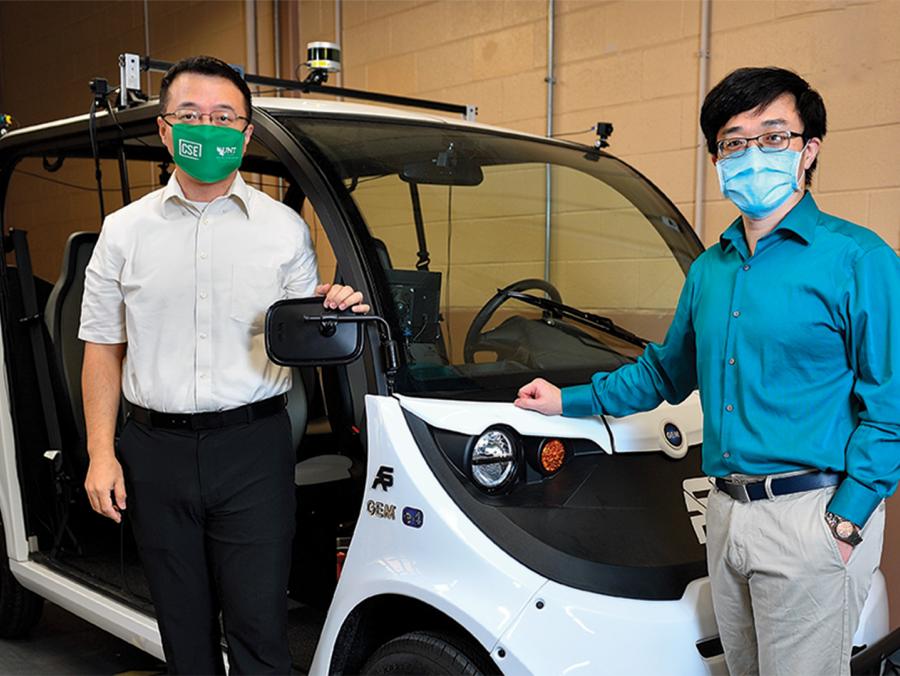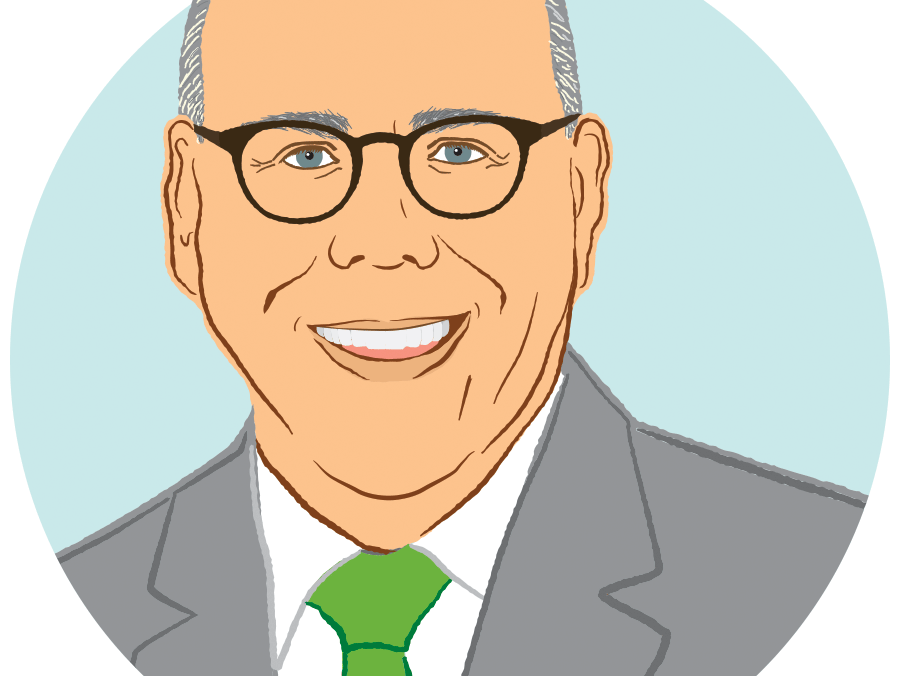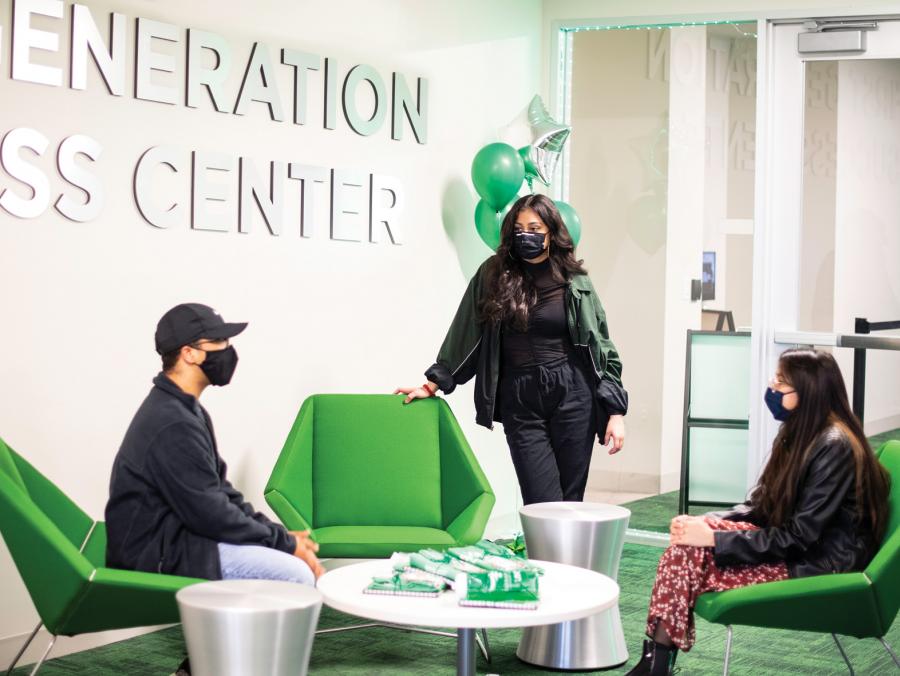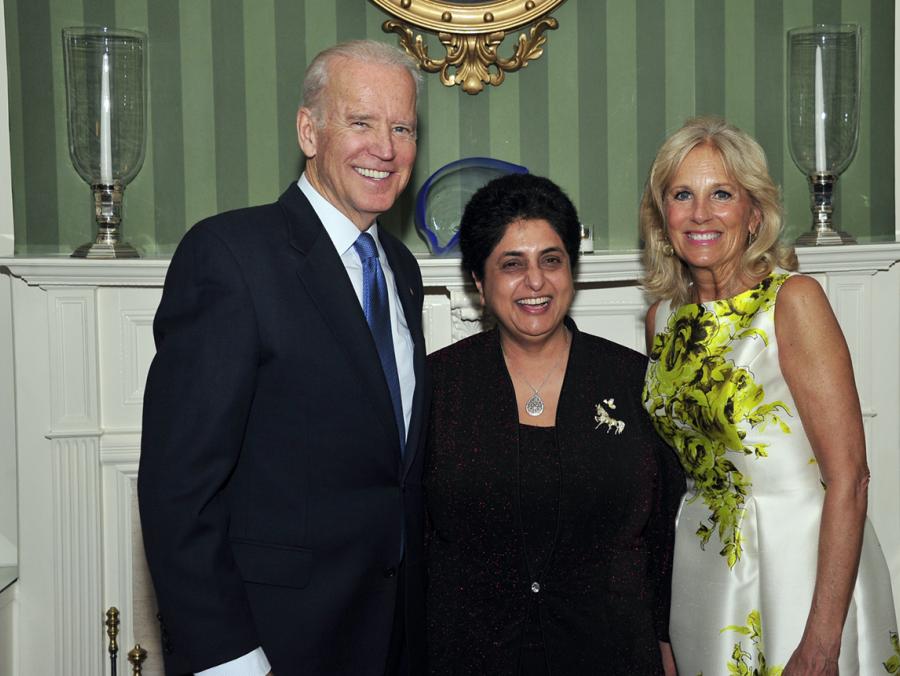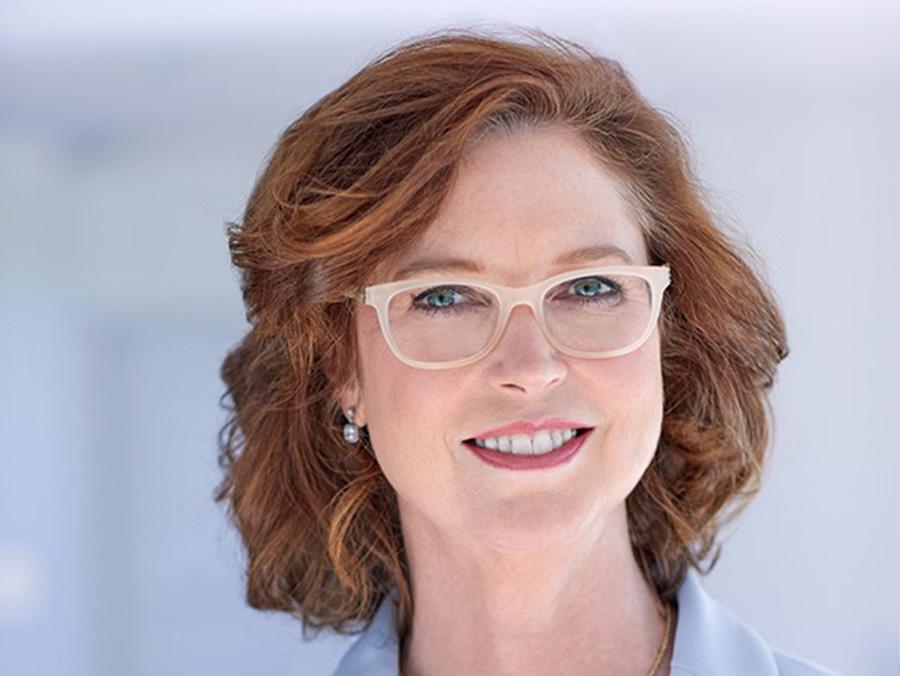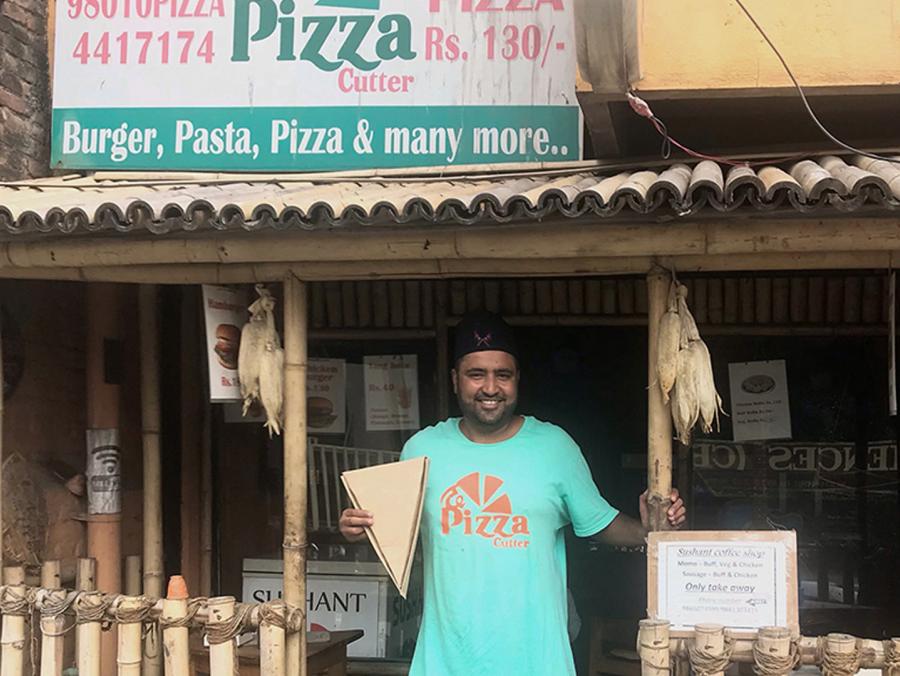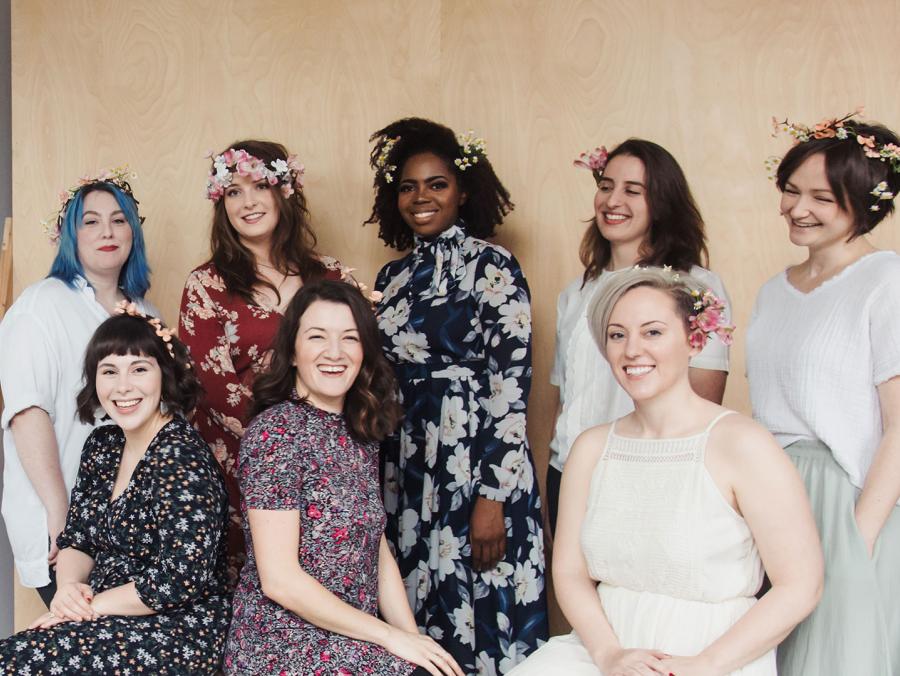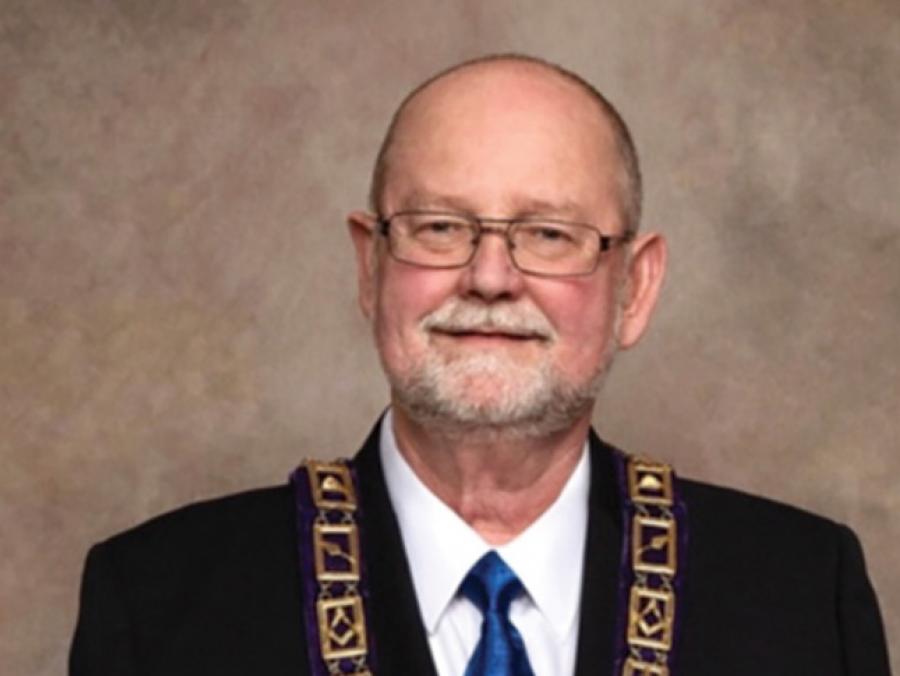he community center established by For Oak Cliff -- a nonprofit committed to increasing the social mobility and capital of the community’s residents -- is just a stone’s throw from the house where Xavier Henderson’s (’14) grandmother raised his father and the home where his father raised him. It’s situated within an area the For Oak Cliff cofounder and UNT communication studies alum refers to as the “75216 Superblock,” a place where friendships were formed, memories were made, dreams were hatched.

It’s also a place where he saw those same dreams fizzle and fade for many of his fellow residents. The 75216 zip code represents home to Henderson -- and also the opportunity for some long-overdue change. The reality, he says, is that South Oak Cliff houses a lot of great people battling a host of historic inequities. About 2.2% of the community’s population is incarcerated -- the highest percentage of any Texas zip code. Roughly 40% of residents ages 25 and older don’t have a high school diploma or GED. Health disparities -- stemming from issues such as physician shortages and a lack of medical insurance -- have cemented South Oak Cliff as one of the unhealthiest areas in Dallas County.
“Those data points are real, and they’re incredibly sobering,” says Henderson, who also earned an M.Ed. from SMU in 2017 and is currently working on an online master’s in nonprofit management from Columbia University. “I always felt there was something unfair happening, but I didn’t know how to describe what we were experiencing. In college, I tried to learn more, to surround myself with people who were working to solve problems. There were issues happening in the community where I grew up, and I really wanted to change that.”
That’s why, in August 2015, Henderson and fellow UNT alum and Alpha Phi Alpha brother Taylor Toynes (’12) began the movement that evolved into For Oak Cliff. At the time, both men were Teach for America corps members in the Superblock and noticed their students often came to class without the necessary supplies. It wasn’t exactly a surprise -- Henderson recalls how, as a Skyline High student traveling to neighboring districts for track meets, he was floored by the amenities other students were privy to, like top-of-the-line technology and facilities. So the two pooled their collective talents and contacts to launch an annual community festival where families could come together to celebrate and kids could pick up some back-to-school basics.
Five years later, For Oak Cliff is a full-fledged 501(c)(3) providing programs and services centered around education, advocacy, community building and the arts. Over the years, the nonprofit has garnered some impressive attention -- in February 2017, for instance, Facebook founder and CEO Mark Zuckerberg visited South Oak Cliff to help start the organization’s 10th Street Community Garden, and Grammy Award-winning rapper J. Cole attended For Oak Cliff’s fourth annual Back to School Festival.
And Henderson, now the nonprofit’s full-time director of strategy, has amassed some attention of his own. His commitment to the South Dallas community -- from his role at For Oak Cliff to his fellowship with the social justice and innovation organization Echoing Green to his membership on the Dallas Municipal Library Board — this year landed the 28-year-old a spot on Forbes’ 30 Under 30 Social Impact list.
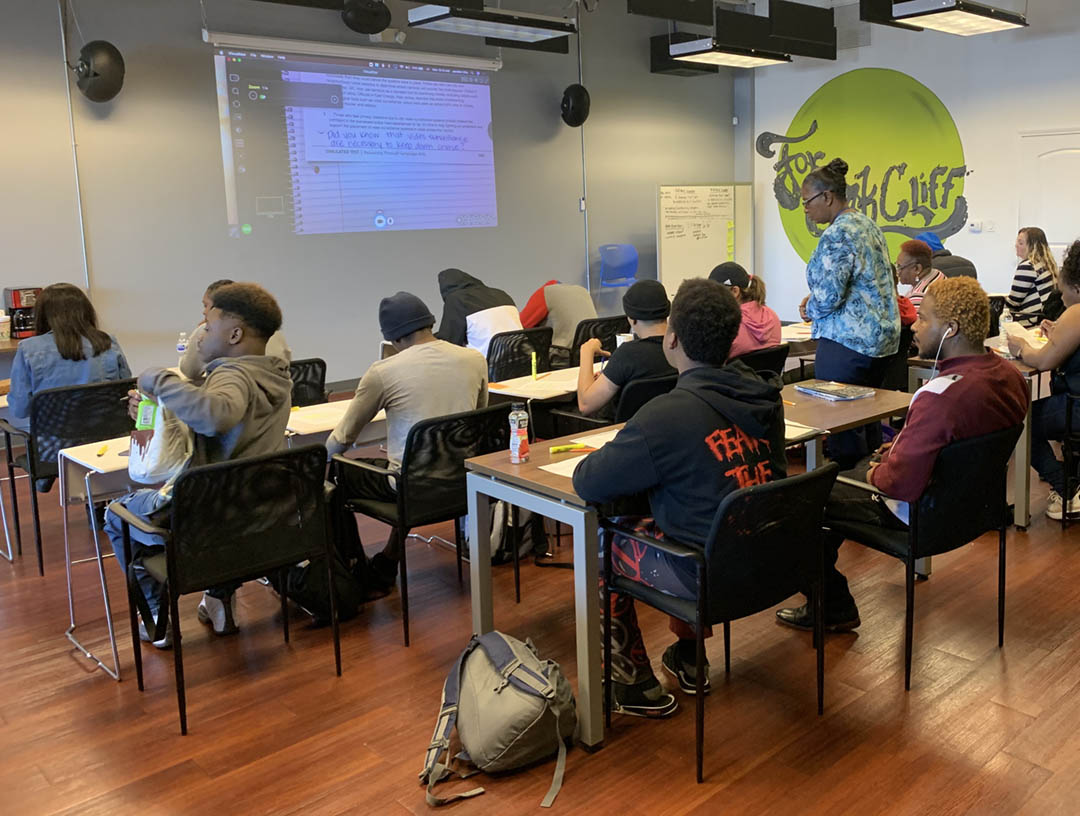
He’s excited about the designation, but more excited to talk about the work he and Toynes and the rest of the For Oak Cliff team are engaged in. Recently, the group received a $50,000 grant from the Texas Real Estate Commission to renovate the community center, which now features state-of-the-art conference rooms, a projector for classes, breakout rooms, computer labs and office space. They offer free GED courses, academic enrichment for K-12 students, classes to help accelerate early childhood language development, family counseling and COVID-19 resources, among other services. And in March, For Oak Cliff announced they had acquired the long-shuttered Moorland YMCA building -- a facility with important historical roots in Oak Cliff.
“I ask people in my neighborhood, ‘What is it that you need?’ And they say, ‘I need income, I need a livable wage,’” Henderson says. “Institutions have been failing people in this community since before they were even born. So how do we provide support that follows families their entire lives and brings in the right partners? It’s a collective impact model that’s about ensuring we set up the right ways to respond to these urgent needs and at the same time, give people a path to self-sufficiency and success.”
He’s found partners in organizations such as the South Oak Cliff Alumni Association, the Dallas-Fort Worth Urban League, the Dallas Mavericks and AT&T, among others. For Oak Cliff also has received social impact capital from Echoing Green and Camelback Ventures. The pitch, Henderson says, is all about what makes For Oak Cliff unique -- a leadership team that doesn’t just understand the neighborhood, but roots for it because their roots are in it.
“We involve the whole community in the choices we make and the strategies for how we enact our initiatives,” he says. “How many efforts are being led by beneficiaries? There’s power here, and it doesn’t just stop with us. It enables so many more people from our neighborhood to get involved.”
And Henderson has seen the difference a little investment can make. One young man, after earning his GED with the help of For Oak Cliff, received a $5,000 raise from his employer. Other residents, who once were uncertain they’d even graduate from high school, have gone on to college. That doesn’t mean the nonprofit’s “2-Gen” approach -- boosting the potential of not just kids but entire families -- isn’t a long-term, and at times challenging, endeavor. But change, Henderson knows, is rarely quick and never easy.
“I didn’t choose the path of social impact expecting sudden wins overnight,” he says. “It takes consistency, it takes being able to navigate failure. That’s part of the fight. But I know who I’m doing this with and for -- and that’s enough to keep me motivated.”




